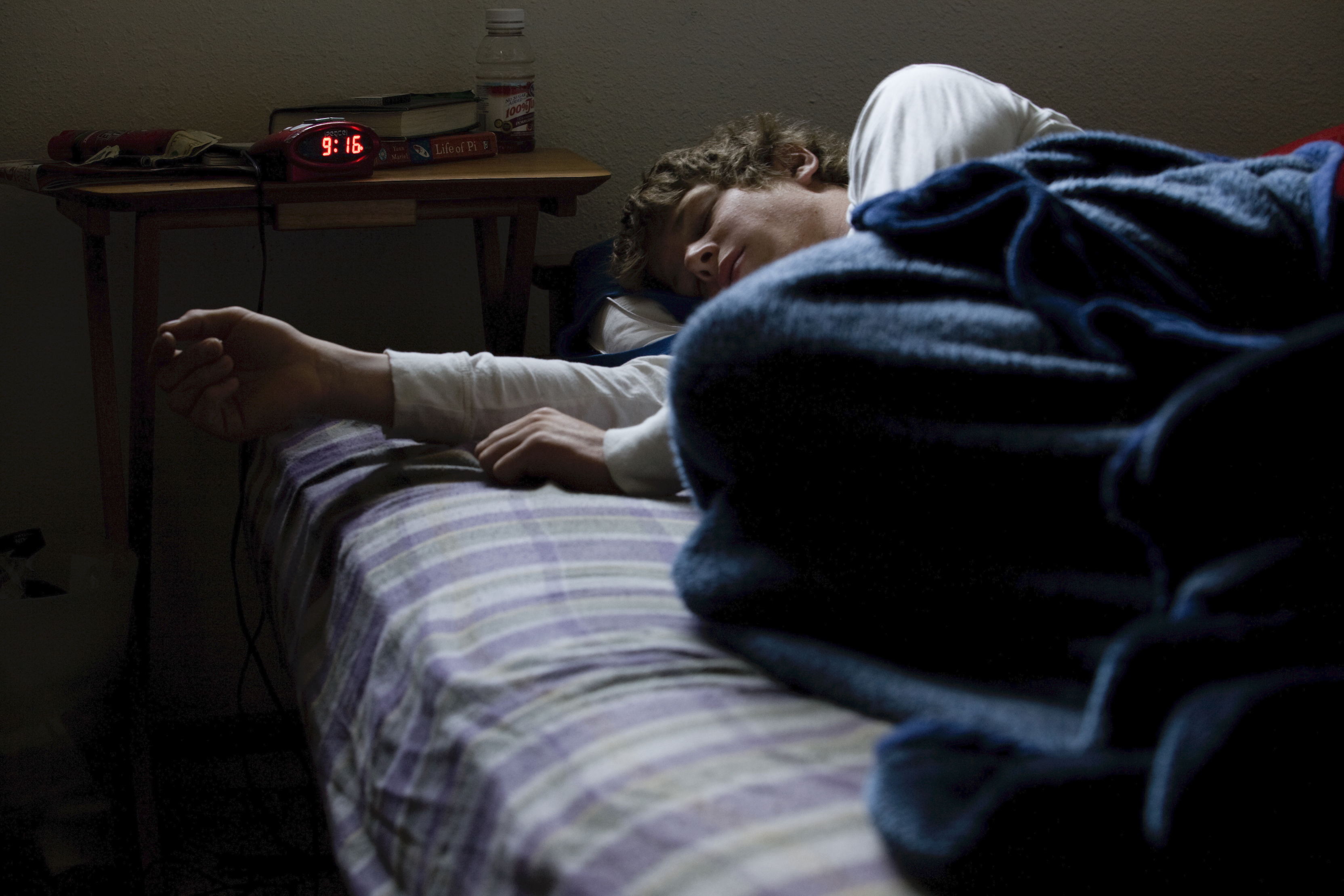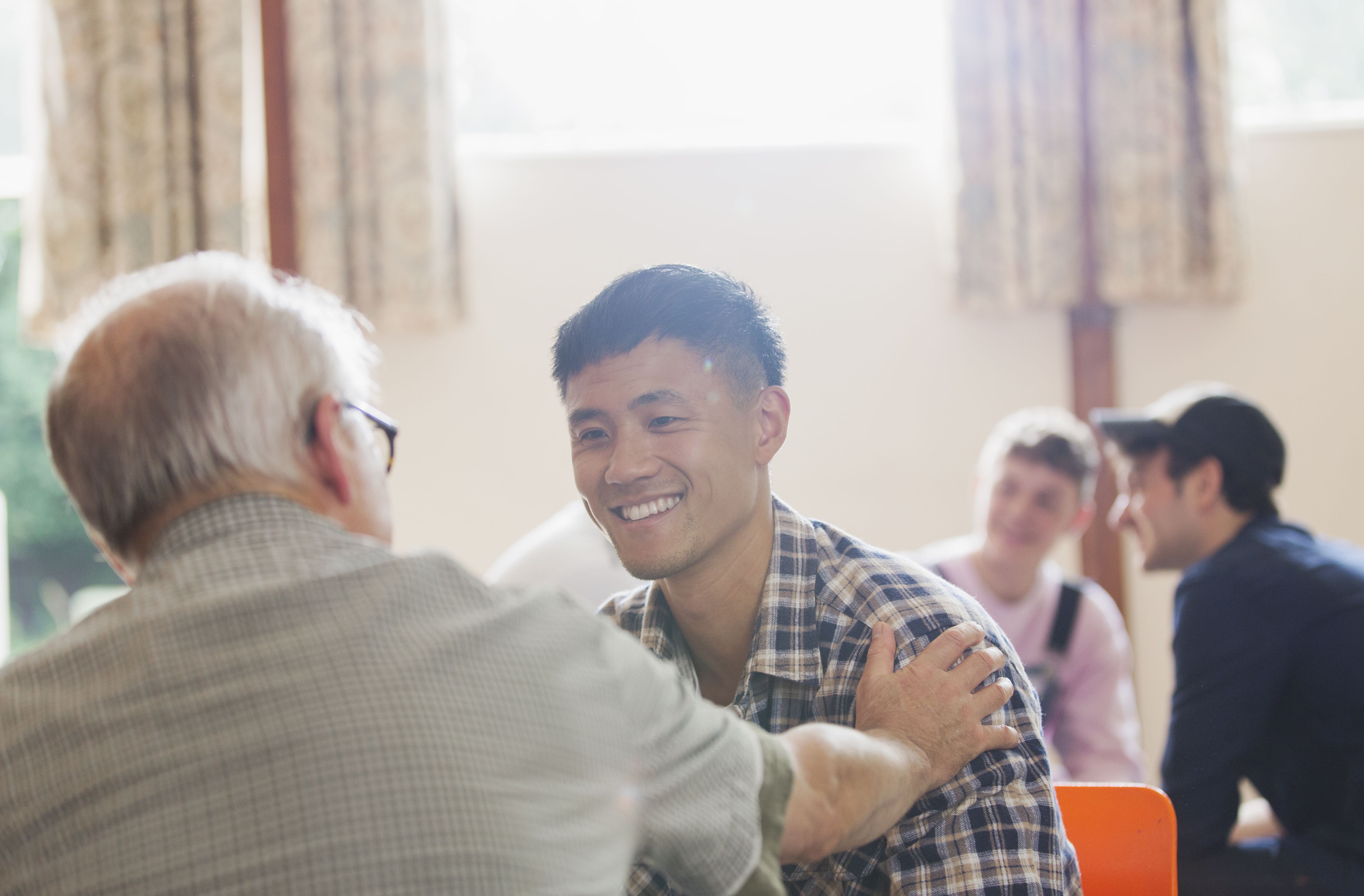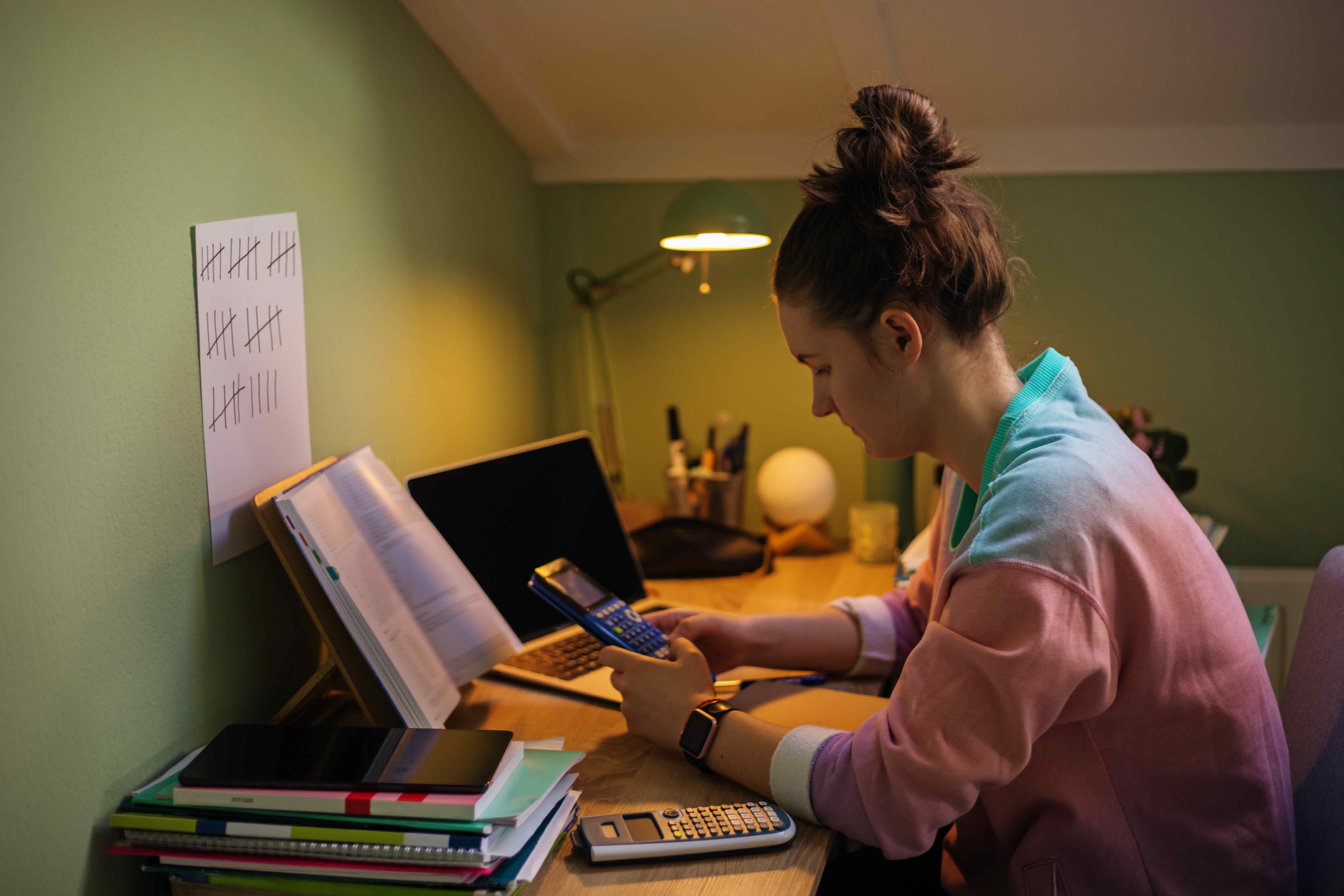
Health & Medicine
Dealing with feelings about COVID-19

New research suggests that the COVID-19 social distancing restrictions have weighed particularly heavily on those with mood disorders where stability, routine and contact are crucial
Published 12 July 2020
Social restrictions imposed to control COVID-19 have substantially disrupted most people’s lives across Australia, and in Melbourne people have gone back into lockdown following a resurgence in cases.
People have suddenly found themselves isolated and cut off from their normal routines and communities – like work and colleagues – and many have experienced anxiety, whether related to worries about the virus itself or the loss of jobs and businesses.

But the disruption and ongoing instability is likely to be weighing particularly heavily on people with a mood disorder like depression or bipolar disorder.
For these people, stability in routine and regular contact with mental health carers are crucial for controlling their conditions.

Health & Medicine
Dealing with feelings about COVID-19
A survey of almost 4,500 people taken in April at the height of social distancing restrictions in Australia, has now thrown a spotlight on just how vulnerable this group is.
Compared with the general population it found that respondents with a mood disorder were 15 per cent more likely to report that the restrictions were hurting their mental health. Twenty-percent of this group also reported finding it “very difficult” to adapt to working from home, almost twice that of the general population.
About 6 per cent of Australians have a mood disorder, or about 1.5 million people.
“We expected the COVID-19 social distancing measures to be especially difficult for individuals with pre-existing mood disorders, since they disrupt a myriad of factors critical to the management of mood symptoms, including easy access to in-person psychiatric care, and stability in daily routines, social rhythms and sleep patterns,” says Dr Tamsyn Van Rheenen, head of the Mood-Psychosis Spectrum Research Group at the University of Melbourne, and a member of the survey research team.

The anonymous national online survey is a collaborative study between researchers at Swinburne Centre for Mental Health and the Melbourne Neuropsychiatry Centre at the University of Melbourne. The research team collected responses from 4,459 people, of which 1,292 self-reported having a mood disorder compared with 3,167 reporting having no mental disorder.
The survey forms part of the ongoingCOVID-19 and you: mentaL heaLth for AusTralia survEy (COLLATE).

Health & Medicine
Connecting culture and health
“If you aren’t exercising, sleeping or eating as well as normal because of social distancing restrictions, it can hurt your mental health. If you aren’t in social contact with others and can’t talk about your problems, it will just exacerbate the situation. These restrictions will affect people who are already predisposed to mood disruptions even more,” says Dr Van Rheenen.
“It is really important that people with mood disorders have stability in routine, like going to sleep and waking up around the same time every day, and getting regular daylight outdoors. While COVID-19 has affected everyone’s routines, it is particularly challenging for this group of people.
A particularly vulnerable group identified by the survey are men suffering bipolar disorder who as a group reported levels of depression on the borderline of “severe” and “extremely severe.”

Overall the survey found that in the wake of COVID-19, people with mood disorders were more likely to report having lost their job, having less social contact, and having started drinking more. They were also more likely to report changed sleep patterns, whether that was experiencing more or less sleep.
“Psychological distress was heightened in the mood disorder group compared to the general population, with stress and depression further elevated in respondents with bipolar disorder compared to those with depressive disorder; and men with bipolar disorder having even higher levels of depression than women with bipolar disorder,” says Dr Van Rheenen.

Health & Medicine
Towards faster treatment for major depressive disorder
“Respondents with bipolar disorder were particularly concerned about financial issues associated with COVID-19 compared to those with depressive disorder and those with no mental disorder.
“Adverse changes to lifestyle behaviours were more prevalent in respondents with a mood disorder and linked to higher levels of distress.”
Dr Van Rheenen says that indications that people with mood disorders were drinking more and having their sleep patterns disrupted was particularly concerning as these behaviours also affect physical health. “Things can just snowball.”
While outside of Melbourne social restrictions have been gradually easing across the country, Dr Van Rheenen warns that we can’t expect people with mood-disorders to simply bounce back.

“It can be hard to emerge from a depressive episode, so for people with mood disorders whose mental health may have been impacted by the social distancing restrictions, it may be difficult to recover even as restrictions ease.”
While further research is needed to understand how people with mood disorders have been managing through the crisis in terms of their contact with mental health professionals, Dr Van Rheenen says the survey is strong evidence for focusing attention and support on this group.

Education
The psychology of isolation
“It gives us a strong empirical basis to argue that we do need to be monitoring people with mood disorders more closely,” she says.
And given the greater difficulties reported by people with mood disorders who are working from home, she says it makes sense for employers to take particular care to be in regular contact with employees.
“Those with a mood disorder tended to be more distressed if they were working from home than if they were not. It is possible that this distress could be mitigated, in part, through regular employer check-ins or the provision of extra assistance to vulnerable staff who may be known to experience extremes of mood.”
If you or anyone you know needs help or support, you can call Lifeline on 13 11 14.
Banner: Getty Images